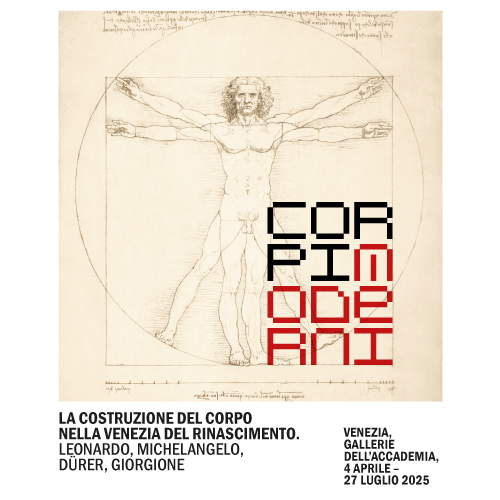An emotional Giovanni Lindo Ferretti "A cuor contento" in Spezia
Article originally published on culturainrivera.it.
Few musicians manage to divide the public like Giovanni Lindo Ferretti. On his account continue to clash the opinions of those who resent the stances of recent years and those who have decided to remain, despite everything, “true to the line.” The problem is that a “line” not only was not there in the 1980s and continues not to be there now: the problem also lies in the fact that there has always been (and fortunately) a lack of willingness to dictate a closed line from which never to depart. And this can only benefitart, whose task is not to provide certain answers, as perhaps many of the fans of the first hour disappointed by the recent performances of the former singer of CCCP, CSI and PGR believe, but to propose worldviews, perhaps even conflicting ones, that have the goal of allowing the audience to understand which line(s) to follow. Consequently, the show that Giovanni Lindo Ferretti puts on is much more than a concert. It is anexperience to be lived that stages music, theater, and current events. In this, Giovanni Lindo Ferretti has never changed.
He may have lost the bite of yesteryear (and we say “perhaps” especially because the writer, for mere age reasons-when Affinity/Divergence came out we were not even born-was only able to follow CCCP’s early work through documents), but the will to offer the audience a show that makes the audience both move and reflect has remained the same as it once was. And, as happens to all avant-gardists, Giovanni Lindo Ferretti has also historicized himself, and the most noticeable effect, to the naked eye, of the historicization of the avant-garde is the mutation that the composition of the audience takes on. Last night in Spezia, at the Allende Park Pinetina - Spazio Boss, there was everything: new punks and amply seasoned punks, office workers returning from work, children and those over 60, bourgeois in chinos and Ralph Lauren polo shirts and avid social center-goers, compassionate couples of all ages and regulars of the most mundane average blondes already drunk at 9:30 on a cool summer evening with a leaden sky threatening rain that will not come down afterwards.
It begins with Pons Tremolans, a song that opens Giovanni Lindo Ferretti’s latest solo work, Saga. The Song of Songs. The singer’s solemn litany is accompanied by Ezio Bonicelli (violin and guitar) and Luca Alfonso Rossi (bass and guitar), members of Ãœstmamò, who lead the audience on this journey through the Lunigiana, a journey in which the ancient memories of pilgrims who traveled the Via Francigena, resting in Pontremoli, with the living dream of Rome in their eyes, “urbe puttana e santa,” mingle with today’s images of the caravans of vehicles taking the A15 to head for the sea, where loves will be born on the beach, with kisses on lips made savory by the saltiness, and with throats scorched by the heat. Modes and goals change, but the rituals of passing time are the same, with the occasional flood tragically disrupting the life of these lands, and with the man aware of his own fragility in the face of the flow of events: “the bridge is stable, I tremble.”
Then begins an initial roundup of pieces that made CCCP’s history, appropriately rearranged. Amandoti is no longer the melancholy tango of yesteryear; it resembles more a catchy ballad to be sung in chorus to prepare for the frenetic punk of Tu menti, which overtakes in rapid sequence. After Tomorrow, the song that CCCP at the time recorded (and on a few occasions sang) with Amanda Lear, the audience begins to warm up to the notes of Mi ami (is it far-fetched to speculate that Roland Barthes’ Frammenti di un discorso amoroso became famous in Italy thanks to Giovanni Lindo Ferretti and CCCP?) and Oh, battagliero only to leave the chairs for good when Rossi and Bonicelli attack the intro to Curami: from here on, the concert is followed strictly on the feet, with hints of pogoing in the first two rows on the more lively songs.
Maritima loca, another track from Saga. The Song of Songs, takes us from Lunigiana to Maremma to make us a little more educated about the singer’s new course: but the statements made here and there about which fans huddle have nothing to do with it. Instead, it has to do with a closer relationship with nature, the lost rituals of times gone by, and above all the memory of history that creates the identity of the place (the song opens with some verses by Bartolomeo Sestini: "Between the mouths of the Tiber and dellArno / at noon lies a dead country / The ancient Etruscans a di lo coltivarno / e tenne impero glorioso e vasto“) and that binds itself to stories of other lands, starting with that of origin of Giovanni Lindo Ferretti himself (the Maremma ”became the refuge of the people of the Apennines"). The past in turn binds to the present, and so here Ferretti sings a revised version of Radio Kabul, which becomes Radio Mosul with lyrics readapted to describe all the heavy reality of the present day, and to arrive at a disconcerting (but perhaps predictable) conclusion: “citizen of the twenty-first century / fool like you there is no one.”
The block of ex-CSI songs then kicks off (interrupted in the middle by a momentary foray into CCCP’s repertoire, with Annarella), and thus begins a new journey through place and time. They subsume the evocative Polvere, which is actually taken from Giovanni Lindo Ferretti’s first solo work (Co.Dex, from 2000), but which most remember for the famous live version performed with CSI; Occidente , which recounts our world with shrewd sarcasm; Cupe vampe , which evokes the horrors of the Bosnian war with one of its most turpent and tragic events (the burning of the Sarajevo Library); Del mondo , which contrasts a kind of golden agegolden age in which the world was “young and strong” to a present in which it has become “weak and old,” ending with Brace and its almost mystical atmosphere (the same one that often connotes many of Giovanni Lindo Ferretti’s achievements). The end of the concert is delegated to a new block of CCCP: Guerra e pace is followed by the pressing Per me lo so and especially Io sto bene (with its celebrated refrain "I don’t study I don’t work I don’t watch TV I don’t go to the movies I don’t do sports) that involves the whole audience in a rowdy finale mindful, again, of the old days.
There is, however, room for an encore, which begins with a Caspian Depression much more CCCP than CSI, continues with Irata and Ombra Brada, and ends with two songs clamored for by the audience: one is Emilia Paranoica (perhaps CCCP’s best-known song) and the other is Spara Jurij. Giovanni Lindo Ferretti finally puts down the jug of red that he has been sipping throughout the concert (even from these details one can see the difference that divides him from so many other musicians), puts the cigarette packet back in his pocket and as is typical of true punks, that is, reducing interaction with the audience to a minimum (limited throughout the course of the concert to a very brief memory of a CCCP concert in Sarzana) and without much unnecessary ceremony, greets the audience with a nod of thanks. Thus ends the La Spezia leg of “A cuor contento.” And as said at the beginning, the line is not even there now, and perhaps never was. However, there is Giovanni Lindo Ferretti, there are two top musicians like Ezio Bonicelli and Luca Alfonso Rossi, there are rearrangements that reinterpret old pieces often in a more intimate and almost dreamlike key, there’there is space to ask yourself a couple of questions about the world around us, there is a festive audience disinclined to controversy that just wants to enjoy a summer evening with one of the greatest Italian musicians ever, there is art, there is music, there is everything. What more could you ask for from a concert?
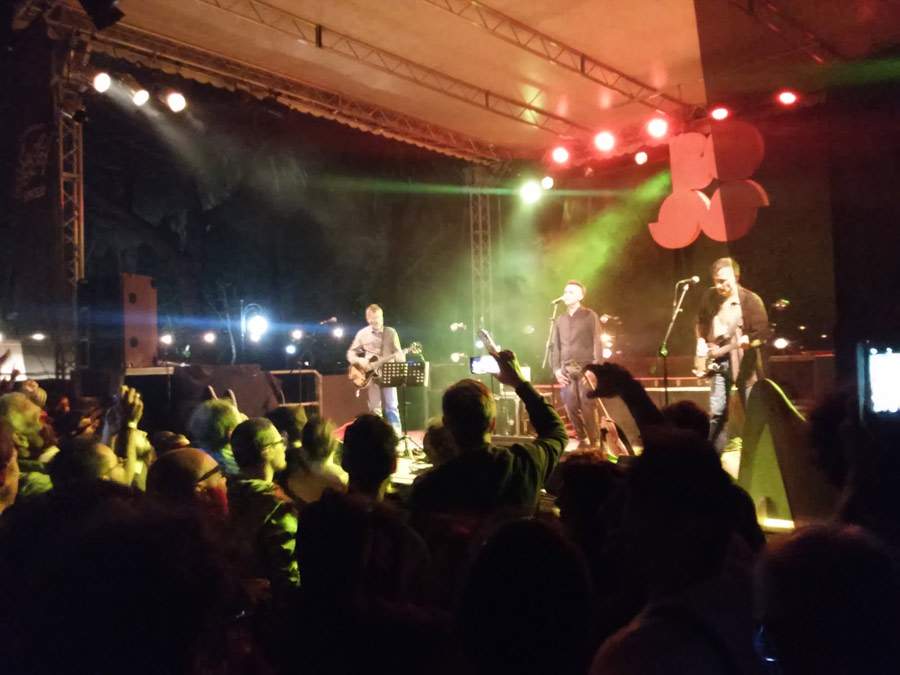 |
| Giovanni Lindo Ferretti in Concert in Spezia |
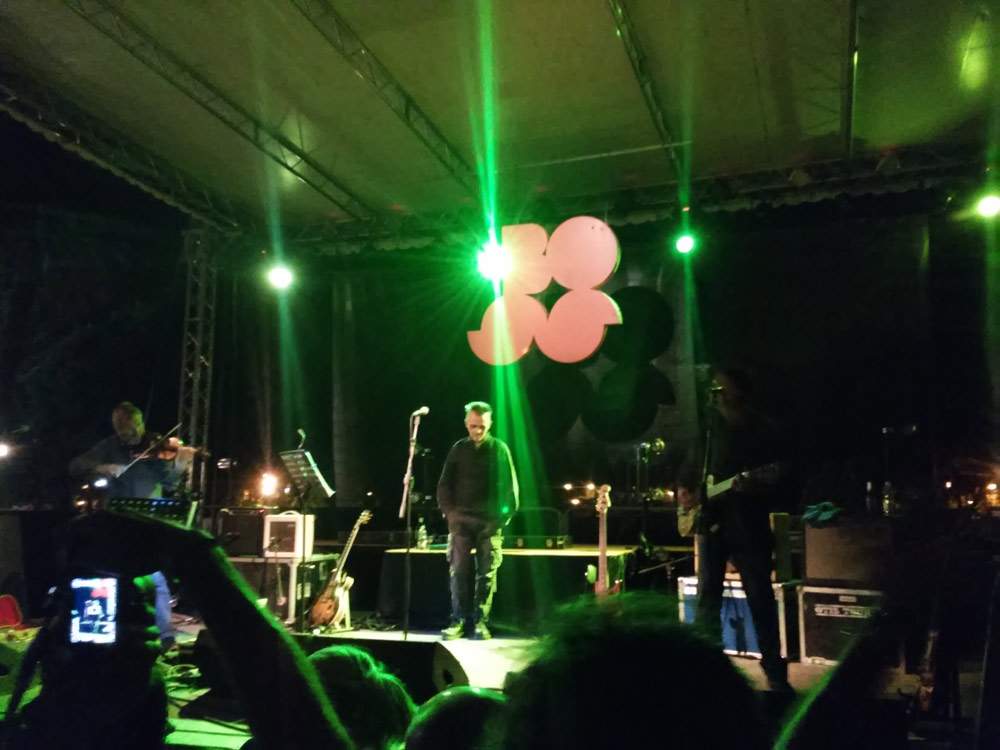 |
| Giovanni Lindo Ferretti in Concert in La Spezia |
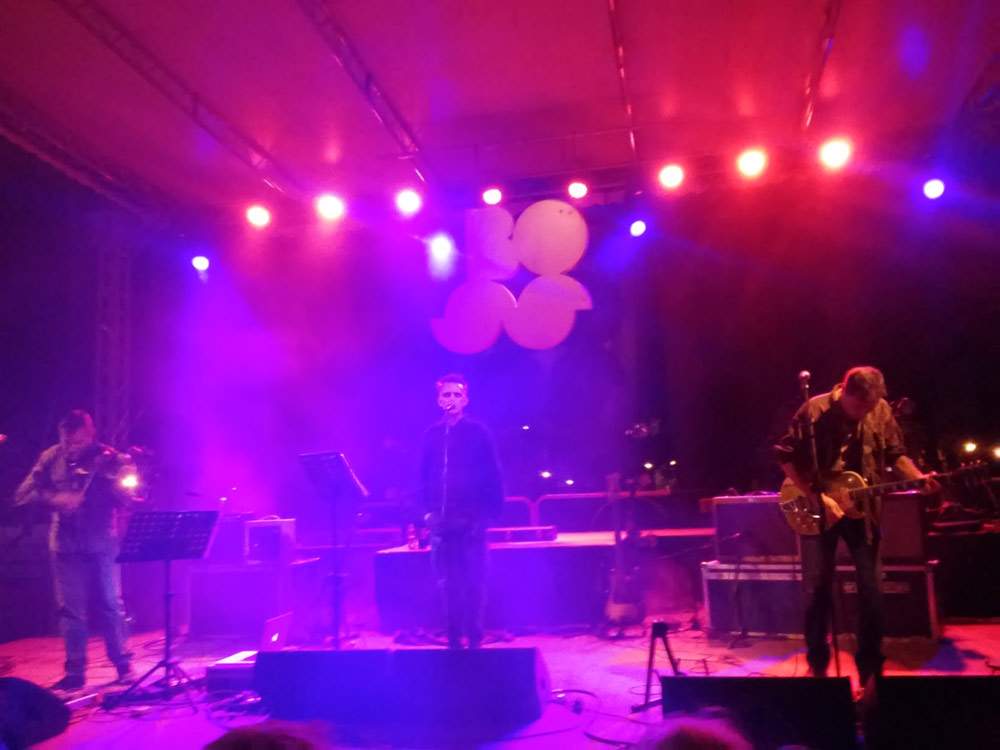 |
| Giovanni Lindo Ferretti in Concert in La Spezia |
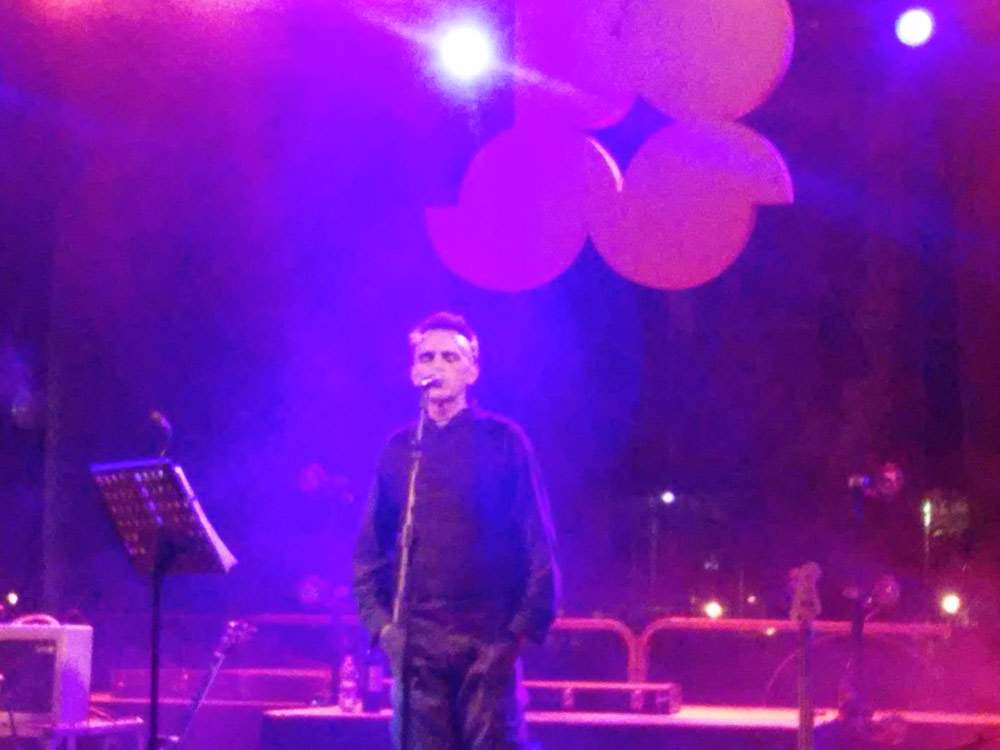 |
| Giovanni Lindo Ferretti in Concert in La Spezia |
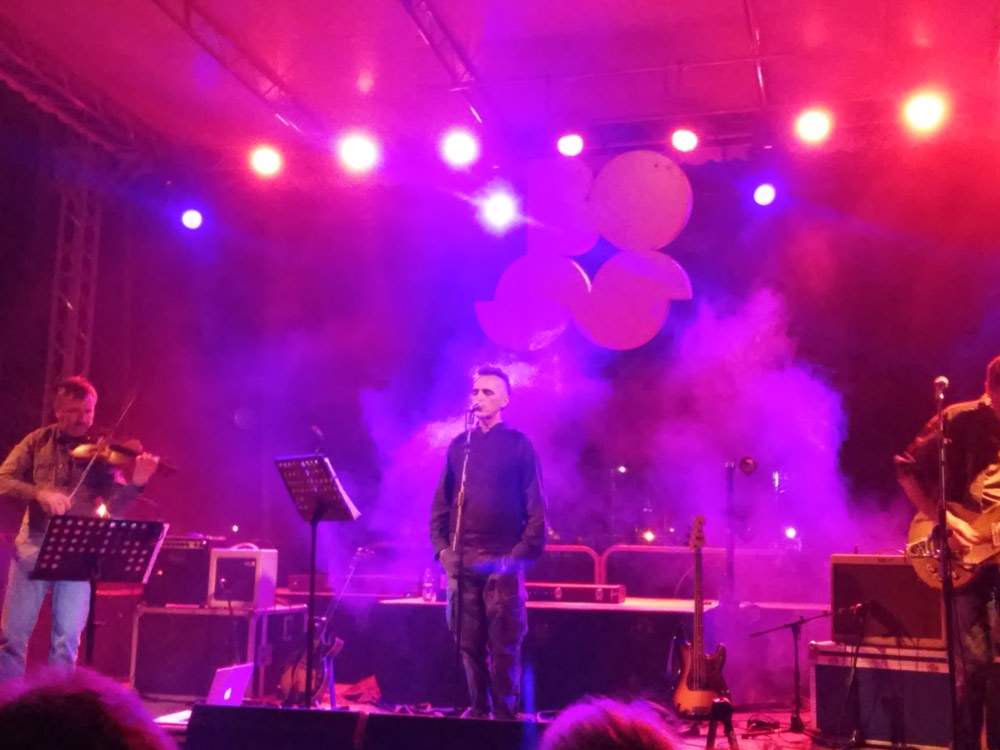 |
| Giovanni Lindo Ferretti in Concert in La Spezia |
Warning: the translation into English of the original Italian article was created using automatic tools. We undertake to review all articles, but we do not guarantee the total absence of inaccuracies in the translation due to the program. You can find the original by clicking on the ITA button. If you find any mistake,please contact us.





